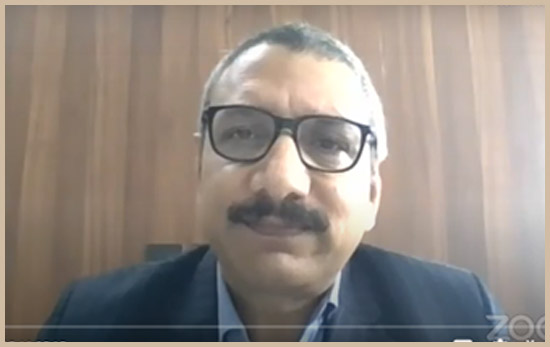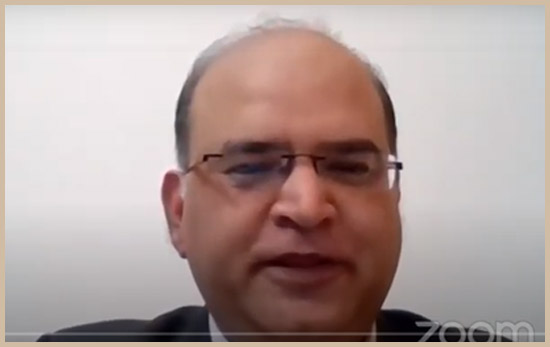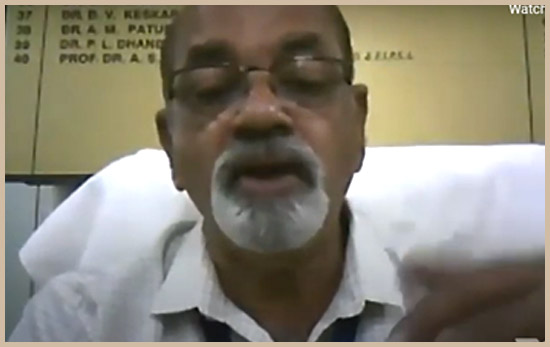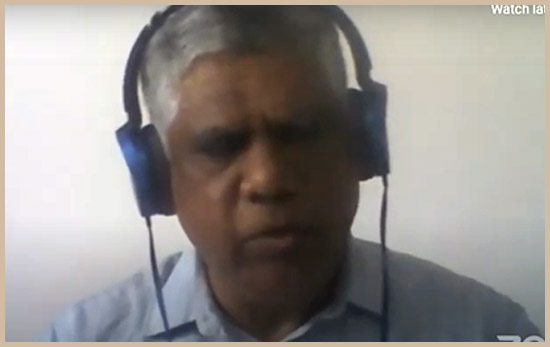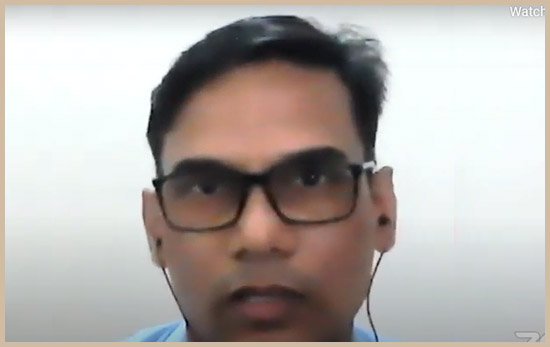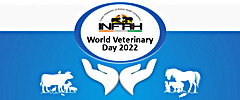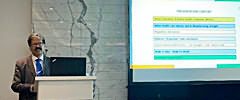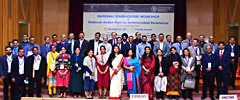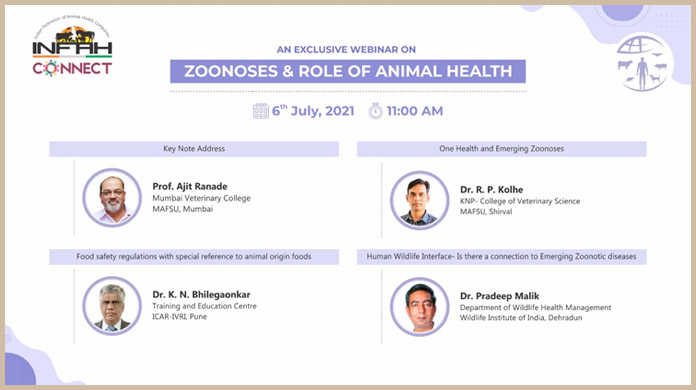
The importance of zoonoses was remembered on 6th July 2021 across the globe with the theme of "Let's Break the Chain of Zoonotic Transmission". INFAH has always advocated the ONE HEALTH Approach. Zoonotic diseases are one of the areas demanding collaboration between the Veterinary fraternity and medical science emphasising on ONE HEALTH for a healthier planet.
INFAH organised a webinar entitled 'Zoonoses and Role of Animal Health' with the objective to project solidarity in creating awareness on importance of animal healthcare in preventing the zoonotic diseases.
Mr. Vijay Teng, President (INFAH) in his opening remarks shared the current status of zoonotic diseases and role of animal healthcare industry in ensuring animal's health for preventing major human diseases. As per Mr. Teng, the animal kingdom is not separate to the human realm in Indian culture and mythology. Indian beliefs situate humans, animals, and birds on the same plane of existence. The concept of ONE HEALTH has been imbibed in Indian culture since time immemorial. He also showed concern of reverse zoonosis observed in the current pandemic of COVID-19, with the delta varient now reported in companion animals as well. His message also highlighted that the microbes are evolving fast and many microbes which were non-pathogenic before have become virulent now. Also some of the diseases which were restricted to animals have started affecting humans viz LSD and bird flu. With fast evolution and mutation of microbes it is imperative for collaborative research and effective prevention of diseases at the level of animals.
The Key note speaker for the event was Prof. Ajit Ranade, Associate Dean Mumbai Veterinary College, MAFSU. Prof. Ranade is an eminent Veterinarian with vast expertise on zoonotic diseases and One Health. Prof. Ranade shared the eye opening data about the zoonotic diseases and how important it is to break the chain of transmission at the animal-human interface. Prof. Ranade advocated for a national program to increase the collaboration between the stakeholders of medical science, veterinary science and environment science. Extensive research and technological advances are the need of the hour to prevent zoonotic epidemics and pandemics. COVID-19 should be a lesson for the entire scientific fraternity. Dr. Ranade appealed the need for healthier animals for healthier planet.
Three eminent speakers were invited to deliberate on various topics related to Zoonoses. Dr. R.P. Kolhe, Assistant Professor, Department of Veterinary Public Health, KNP College of Veterinary Science, MAFSU, Shirwal presented on One Health and Emerging Diseases. He mentioned the various infectious diseases of human which have been originated from animals. He also highlighted that 75% of the emerging diseases in humans are zoonotic in nature. He suggested to have an umbrella approach involving public, government policy makers, human and animal healthcare providers, researchers and the industry to come together for effectively controlling the emergence of zoonotic diseases.
Dr. K. N. Bhilegaonkar, Principal Scientist and Station In-Charge, ICAR-IVRI Training and Education Centre, Pune was the second speaker who presented on the topic "Food Safety Regulations with special reference to Animal Origin Food". He highlighted the increasing awareness among the customers on food safety. He shared the role of various bodies in policy making and legislation implementation He showcased the various policies implemented by FSSAI towards food safety. He also highlighted that with increasing human population the animal based food will play a key role in feeding billions and will serve as rich source of protein.
Dr. Pradeep Malik, Head, Department of Wildlife Health Management, Wildlife Institute of India, Dehradun was the third speaker of the webinar. He deliberated on "Human-Wildlife Interface- Is there a connection to Emerging Zoonotic Diseases". Deforestation, human inhabitation near to forests and exploitation of wild life has increased the exposure of human to the wild life making them more susceptible to contact the diseases from wild. The domestic animals grazing near the forest also become a source of infection. Dr. Malik highlighted that many wild animals are reservoirs of deadly microbes. The microbial spill-overs have increased in recent past. The current pandemic is one such example of such spill-over. To prevent such pandemics in future it is important to have an elaborate research on the various infectious diseases that are present in wild and are having zoonotic potential. He also highlighted the various advancements happening in the areas of wild life diseases.
The event was participated by more than 300 attendees. The event was concluded by question and answer series moderated by Dr. Shirish Nigam from INFAH. Dr. Vijay Makhija, General Secretary, INFAH assisting conclusion of the webinar with salient highlights and take-home messages for the participants, summarizing the webinar.
